Record and Preserve Your COVID-19 Journals
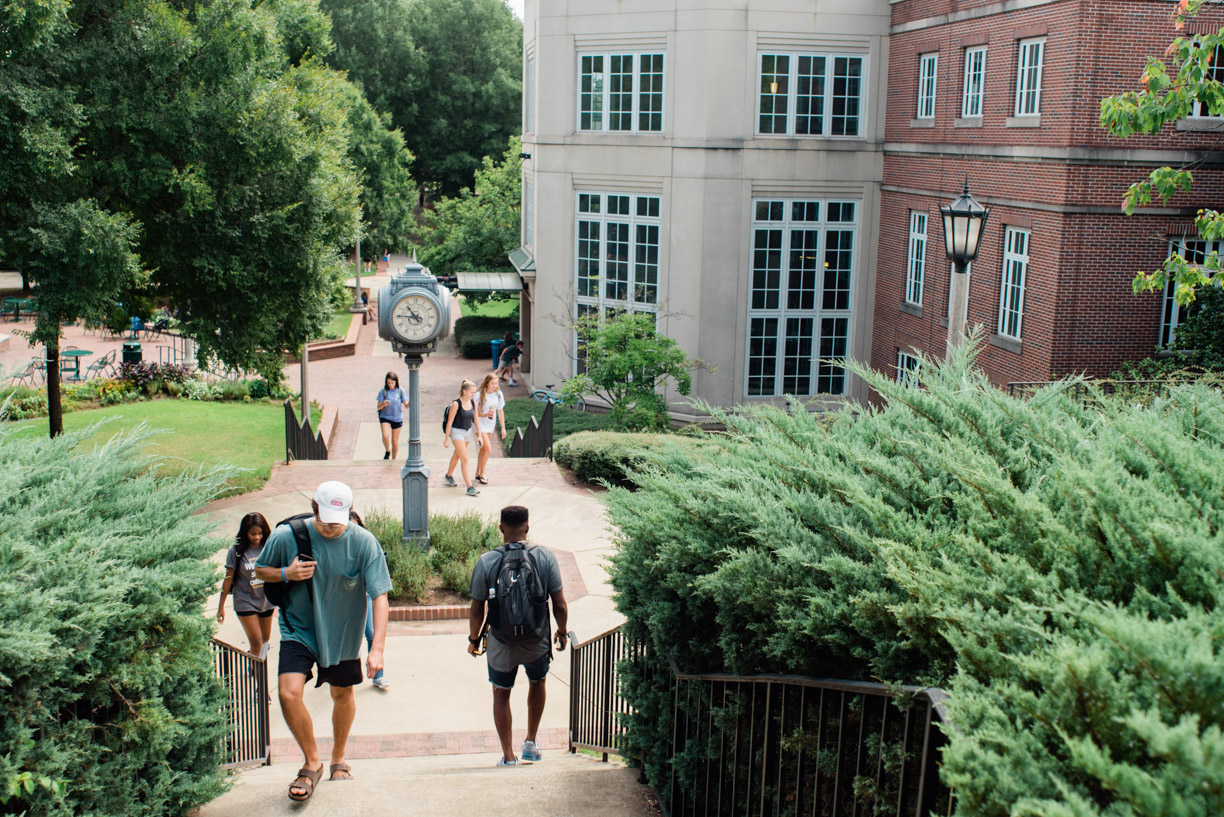
During a time of social distancing during the COVID-19 pandemic, members of our community can share their stories to be recorded and preserved in Birmingham-Southern history.
The BSC Archives is currently collecting journals to document the day-to-day “normal” we’re establishing during the pandemic. The journals will document the emotions and moments that individuals experience so those details are not lost.
“This is the social distancing way to collect an oral history. As a college, this is how we can document what happened,” says Gina Armstrong ’92, assistant professor of the Library, digital initiatives librarian, and BSC archivist.
Students, faculty, staff, and alumni can write and share journal entries in the Archive’s Google Drive folder or OneDrive folder for the project. Each entry will be preserved for future digital collections, research, and exhibitions. As Armstrong began the project, they reached out to the Krulak Institute as a partner to help encourage and guide students through the journaling process.
All forms of writing and creating are welcome, including short thoughts, longer essays, stream of consciousness, poems, and photos. Though there’s not a requirement for what should be included in the journals, participants can consult a variety of different writing prompts. (Find these below.)
Armstrong has encouraged students in their queer archiving and digital history class to join the project. One component of the course, co-taught with Assistant Professor of English Dr. Jessica Hines, is a reflective journal during what would normally be the hands-on archiving process. Now, their students can use this opportunity as an outlet to journal about their experiences.
Along with official communications from the College during this time, Armstrong will create a digital archive with journals and other submissions that is open to the public. They’re encouraging people from all parts of the BSC community to participate in order to record a full history of the experience.
“When an archive, through inaction or specific action, doesn’t collect someone’s story, that results in an erasure. If we don’t have the full picture of what’s happening, we’re missing out on a huge part,” they say.
Art Professor Pamela Venz is submitting work from her upper-level photography students, who are currently taking photos that document and respond to their current lives. Armstrong says they’re excited to see the different creative formats that come in.
Submitted work does not have to be formal or polished, so writers can focus on noting honest thoughts, feelings, reflections, and day-to-day details – however those take form. Journals can record small moments of joy, painful experiences, accounts of your daily routine, or favorite binge-worthy shows.
In their course, Armstrong, Hines, and their students have been focused on preserving unheard voices, and the same goal comes with the COVID-19 project. Students in the class have been processing the papers of Danny Upton ’99 through a partnership with the Invisible Histories Project, an archive that preserves, collects, and protects LGBTQ history throughout the Southeast.
“Many of our students understand not having their histories represented. We have to write our own stories,” Armstrong says. “This is how seniors can tell their stories of their last term. This is the way those who’ve had trauma during their time at BSC can talk about that. Faculty have had a monumental challenge – this is an opportunity to process that.”
There is no deadline – submissions will be accepted even after the term ends – so those who want to share journals can do so. Anonymous submissions are welcome.
∙ ∙ ∙
To submit work, you can write your journal in the COVID Journals Google Drive folder or create a Google Doc in your own drive, and share it with [email protected]. You can also submit via the project’s OneDrive folder. By participating in the project, you consent to have your journal preserved in the BSC Archives, where it may be shared online as part of the digital collections and promotion of them; used in teaching, research, and service-learning; in exhibitions; or as promotion of the College, College Library, and Krulak Institute.
Record Your Experiences + Writing Prompts
Important information for historians will include: times and dates of events; observations and entries; names of geographic locations and individuals; other factual information that provides context to your entries.
If you would like to be credited as the author, please include your name on the first page of the document. Otherwise, anonymous entries are absolutely wonderful.
Members of the Krulak Institute have agreed to partner with the BSC Archives and will be available to help you craft meaningful reflections if you wish to participate but are stuck on how to begin or how to proceed. Here are a variety of prompts:
Did you move off campus suddenly due to COVID-19? What was that experience like, what kind of help did you have? Do you still have personal belongings on campus?
How are your online classes going? What kinds of messages have you received from professors? How are other students handling the changes? How are you handling it?
Are you involved in student organizations, sports, or clubs? How has COVID-19 and campus response affected those? What kinds of communications did you receive from coaches, sponsors, or other faculty/staff involved?
What is happening in your daily life at home? How are your parents/friends/partners/etc. doing?
Did you have a partner on campus from whom you are now separated by the sudden departure? How has this pandemic affected your relationship?
Do/did you have a job on or off campus? What kind of work did you do, and how has that been affected by COVID-19, lock-downs, and quarantine?
Are you or anyone you know sick? What symptoms, response from medical personnel? Getting COVID testing?
How was the communication from/with the College? Did you respond to any official communication? How was that received? Did it produce any changes in policy?
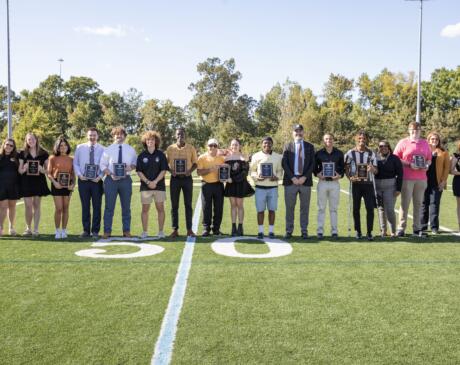


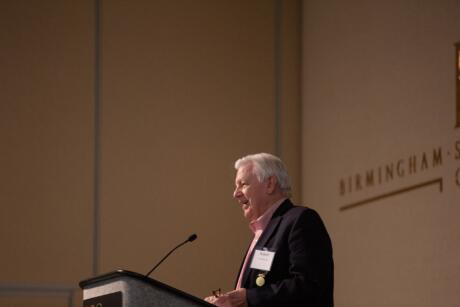
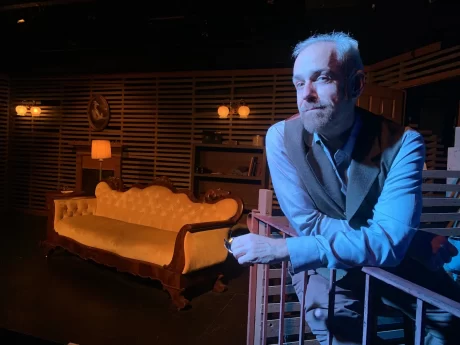
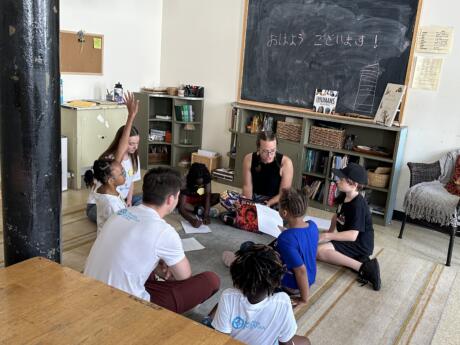
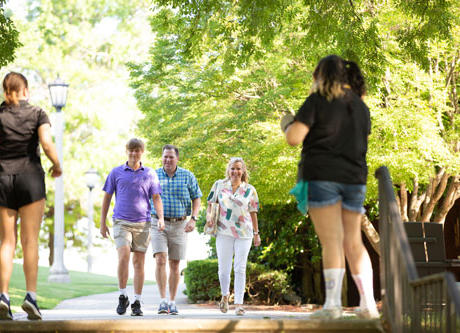
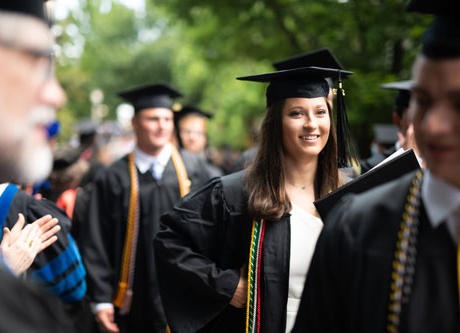
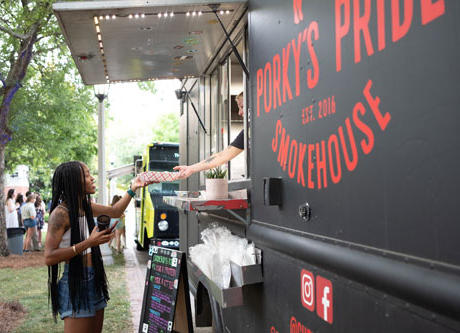
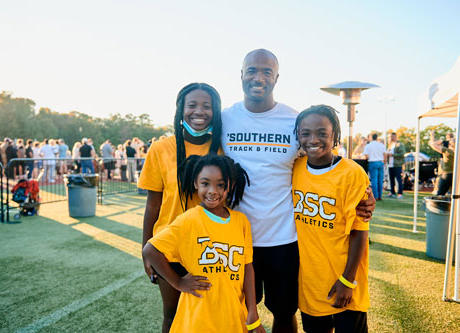
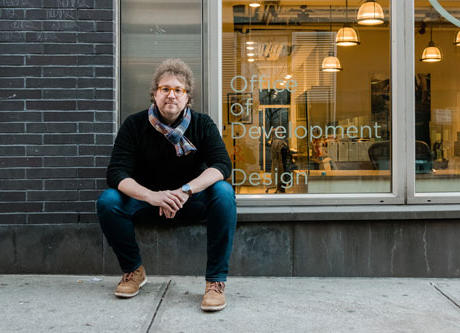
// Comments are closed //